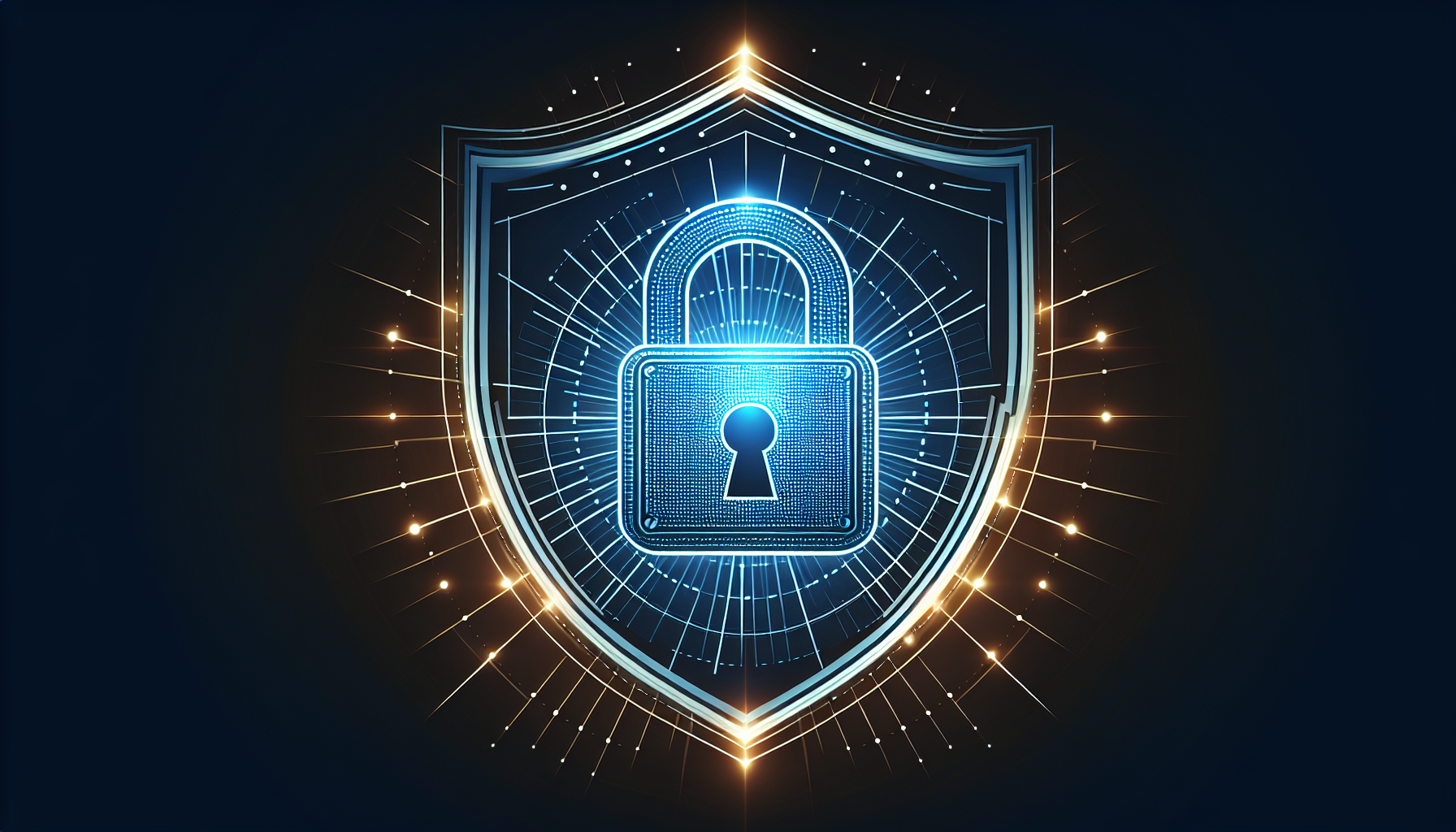How Does Website Security Impact User Trust?
Ensuring the security of your website is crucial in building and maintaining trust with your users. When users feel that their personal information is at risk, they are less likely to interact with your site and ultimately convert. By investing in website security measures, you can show your users that you take their privacy seriously and can be trusted with their data.
Importance of SSL Certificates
SSL certificates play a key role in encrypting the data exchanged between a user’s browser and your website. This encryption ensures that sensitive information such as login credentials, payment details, and personal information is securely transmitted. When users see the padlock icon in their browser’s address bar, they are reassured that their data is protected, leading to increased trust in your website.
Trust Seals and Badges
Displaying trust seals and badges from reputable security providers on your website can also help build trust with your users. These visual indicators serve as a signal that your website has been verified as secure and trustworthy. Users are more likely to feel confident interacting with your site and providing their information when they see these trust markers.
Transparent Privacy Policy
Having a clear and transparent privacy policy can further enhance user trust. Make sure to outline how you collect, store, and use customer data, as well as the security measures you have in place to protect it. By being open and honest about your data practices, you demonstrate your commitment to user privacy and security.
How Does Website Security Impact Conversions?
In addition to fostering trust with your users, website security also plays a crucial role in driving conversions. Users are more likely to take the desired action on your site, whether it’s making a purchase, filling out a form, or signing up for a newsletter, when they feel confident in the security of their information. By prioritizing website security, you create a safe and secure environment that encourages users to engage with your site and convert.
Secure Checkout Process
A secure checkout process is essential for e-commerce websites looking to drive conversions. Implementing SSL encryption, PCI compliance, and other security measures during the checkout process helps instill confidence in users when making online purchases. By providing a safe and secure environment for financial transactions, you reduce the risk of data breaches and increase conversion rates.
Protection Against Cyber Attacks
Investing in website security measures also protects your site from cyber attacks, such as DDoS attacks, malware infections, and data breaches. A secure website is less vulnerable to hacking attempts and ensures that users can browse and interact with your site without fear of their information being compromised. By safeguarding your website against cyber threats, you create a safe online environment that promotes user confidence and encourages conversions.
Improved Site Performance
Website security can also impact site performance, which in turn affects conversions. A secure website with robust security measures in place is less likely to experience downtime, slow loading times, or other technical issues that can frustrate users and lead to abandoned transactions. By prioritizing website security, you create a seamless and reliable user experience that enhances trust and encourages conversions.
Best Practices for Enhancing Website Security
Implementing best practices for website security is essential in safeguarding your site and building trust with your users. By following industry standards and adopting proactive security measures, you can protect your website from threats and vulnerabilities, ensuring a safe and secure online experience for your users.
Regular Software Updates
Keeping your website’s software up to date is critical in preventing security vulnerabilities that can be exploited by hackers. Make sure to install patches and updates for your content management system, plugins, and other software components to address any known security issues and protect your site from potential attacks.
Strong Password Policies
Enforcing strong password policies for user accounts can help prevent unauthorized access to your website. Require users to create complex passwords that include a combination of letters, numbers, and special characters, and encourage them to regularly update their passwords to reduce the risk of account compromise. Additionally, consider implementing multi-factor authentication for an added layer of security.
Secure Hosting Environment
Choosing a secure hosting provider is essential in ensuring the overall security of your website. Opt for hosting providers that offer SSL encryption, regular security audits, and proactive monitoring for suspicious activity. A secure hosting environment provides a strong foundation for your website’s security and helps protect against common threats.
Regular Security Audits
Conducting regular security audits of your website can help identify and address potential security vulnerabilities before they are exploited by malicious actors. Perform thorough scans of your website’s code, configurations, and server settings to identify any weaknesses or misconfigurations that could compromise security. By proactively addressing these issues, you can strengthen your website’s defenses and minimize the risk of security breaches.
Secure Backups
Regularly backing up your website’s data is essential in mitigating the impact of security incidents such as data breaches or malware infections. Store backups securely in off-site locations or cloud storage services to ensure that you can quickly restore your website in the event of a security incident. By maintaining up-to-date backups, you can minimize downtime and data loss, preserving the integrity of your website and user data.
Conclusion
Website security plays a critical role in establishing trust with your users and driving conversions on your site. By prioritizing security measures such as SSL encryption, trust seals, and transparent privacy policies, you can build confidence in your users and create a secure online environment that promotes conversions. Implementing best practices for website security, such as regular software updates, strong password policies, and secure hosting environments, helps protect your site from cyber threats and vulnerabilities, ensuring a safe and secure experience for your users. By investing in website security, you not only protect your users’ data but also enhance their trust and loyalty, leading to increased conversions and business success.









